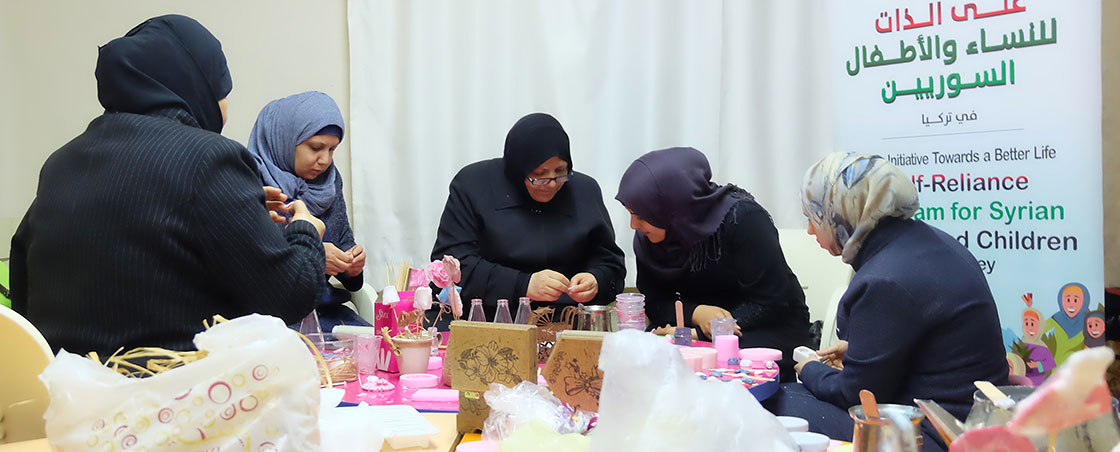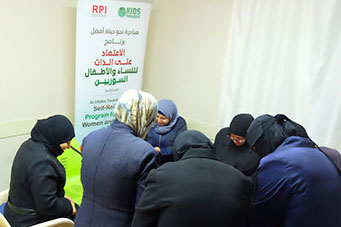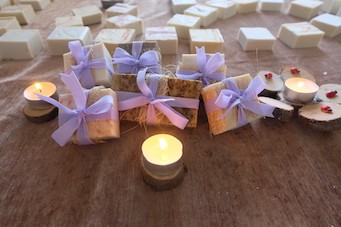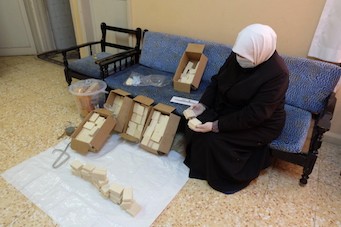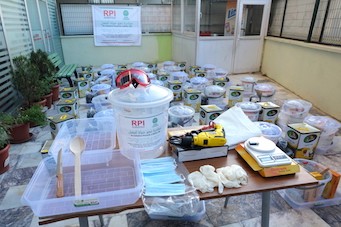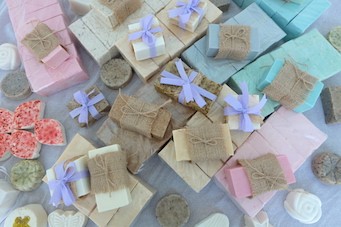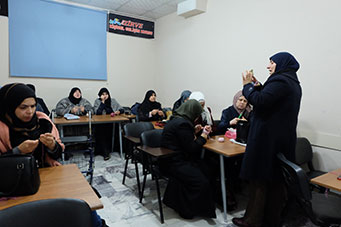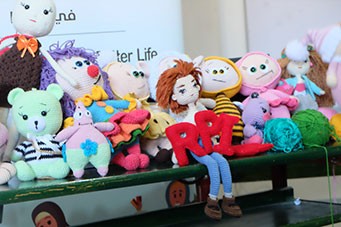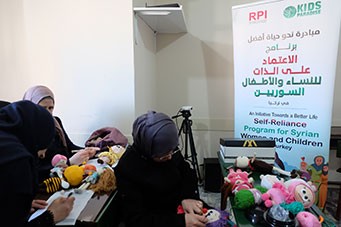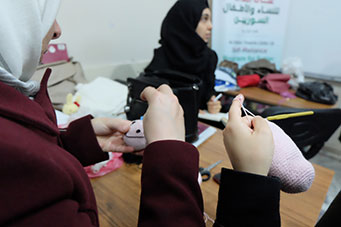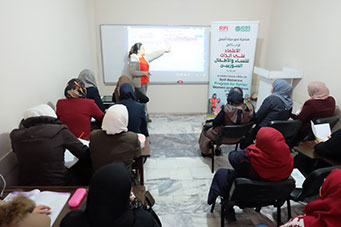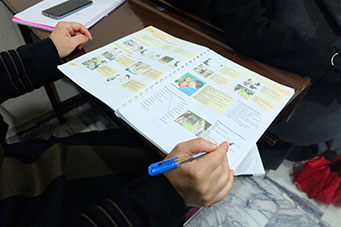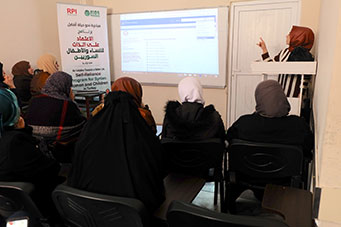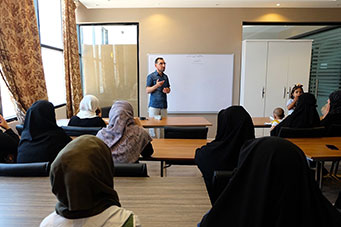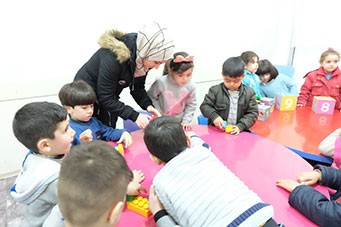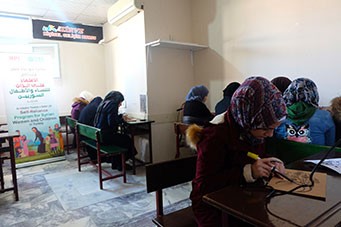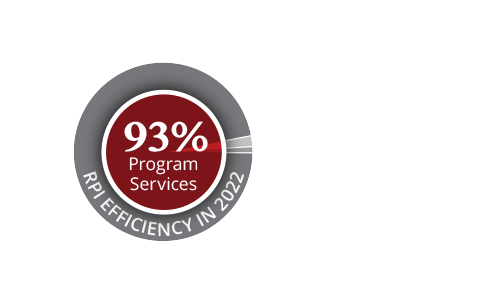Project: Supporting Self-Reliance, Social Assistance, and COVID-19 Protection Among Syrian Refugees in Southeastern Turkey
Facilitated by RPI and implemented on-site by refugee-led partner Kids Paradise
Giving Partner(s): Generously supported by the New England International Donors Giving Circle on Refugees and other giving partners
Background: Turkey hosts the largest share of the world’s refugee population, including 3.6 million Syrians. Single mothers and widows from war-torn Syria struggle to transition from poverty to self-reliance. In the border province of Hatay only 8% of Syrian women have secured work, Turkish language skills, and vocational training. In 2016, Turkey passed a landmark work permit regulation permitting Syrians with temporary protection status to access formal employment. Yet, up to 92% of Syrian women remain unaware of this regulation and how to access related services. The impact is devastating. Refugee widows earn just $160 a month. Without a dignified income, families risk housing eviction and poor health. 24% of Syrian children under 5 suffer chronic under-nutrition and 32% of Syrians cannot afford hygiene items to protect against COVID-19. (Data: UN Women, Doctors without Borders).
Project Summary: Co-designed by RPI and Kids Paradise, this project has empowered urban refugees to forge a brighter and healthier future for their children. Under the livelihoods component, inspiring female heads of household participated in skills and language training, in-kind grants, marketing, and networking support in urban Antakya, Turkey. Trainings focused on community-identified income generation activities feasible from home during the partial lockdown under COVID-19 and rising social tension in Turkey. At the height of the pandemic, RPI fundraised to expand soap production training and launch distribution by Kids Paradise. Women were also trained in Turkish language, work permit regulations, and how to register with the national employment agency (ISKUR) and update their temporary protection status registration (Kimlik identity card) to the area of desired work. Individual case management was provided upon request. Most women are selling directly to the general public. With networking support they have also begun securing work and production contracts from the private sector. 7 businesses have committed to purchasing products produced by the trained women.
To support community protection from COVID-19, this project distributed soap made by the trainees and COVID-19 information in Arabic to some of the most vulnerable refugees in Antakya. Kids Paradise printed and distributed the Turkish Ministry of Health’s flyers, verbally explaining key messages when necessary for illiterate caregivers. In this phase, soap production trainees were screened for symptoms, observed social distancing, and received stipends, reusable soap production kits, local face masks and gloves.
Under the social assistance component, the project worked with private landlords to prevent the eviction of single mothers and their children. Apartment rentals were subsidized while mothers engaged in livelihoods capacity building activities and found alternative housing. Participants learned how to access government resources (e-Devlet public services portal and the Ministry of Family, Labor, and Social Services) and national cash assistance programs (Conditional Cash Transfer for Education & Emergency Social Safety Net programs). Individual case management was provided upon request. Women and children participated in psychosocial support and individual mental health sessions as needed. Women requiring longer-term follow up for specialized protection needs were referred to public mental health providers and the Social Service Center of the Ministry of Family, Labor, and Social Services.
During this project, RPI expanded its knowledge of online marketplace opportunities, partners, and foreign fashion brands sourcing from this region of Turkey to support the expansion of this project, pending further funding.
5,557 Syrian refugees have benefited directly from 1 or more project components, including 5,261 who received soap and COVID-19 guidance in Arabic and 296 women and children who participated in self-reliance and other social assistance activities. Another 57 children will benefit indirectly.


